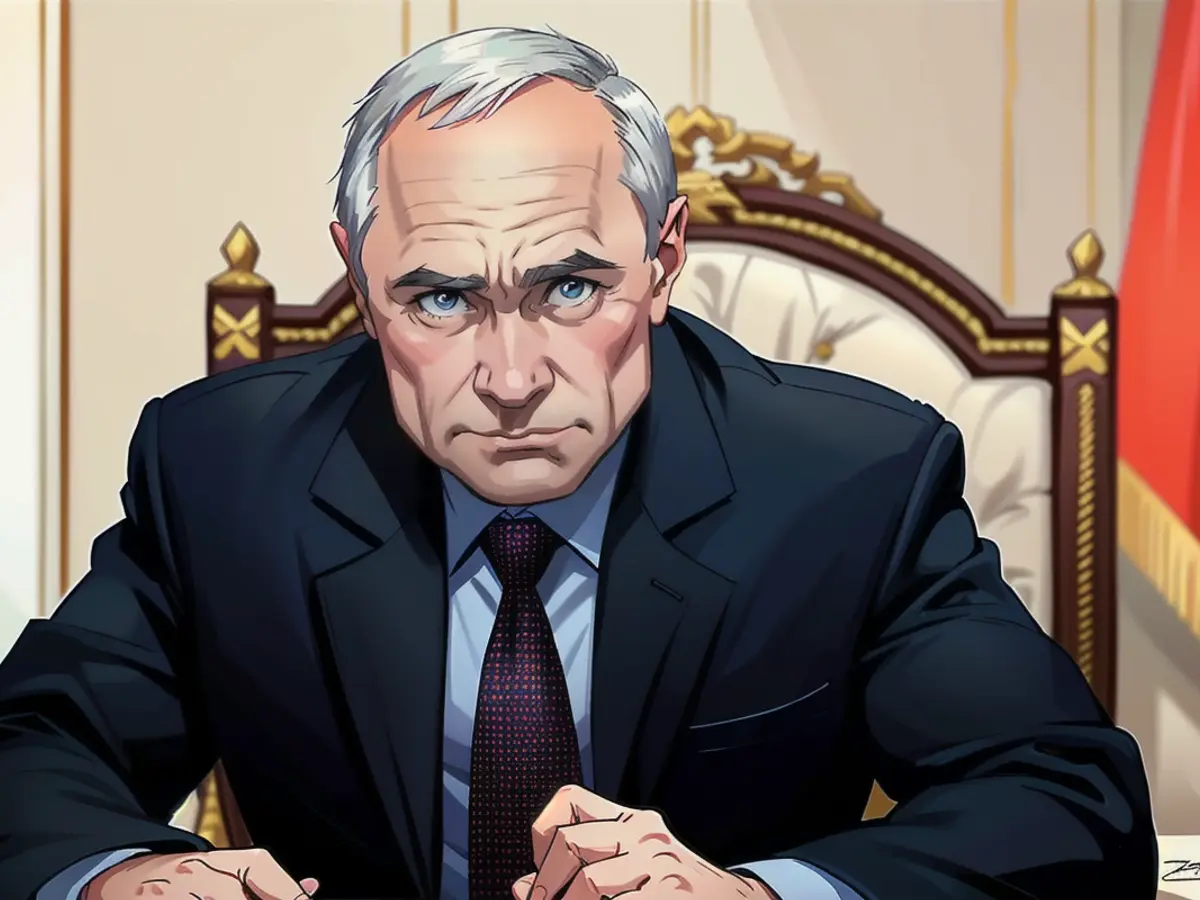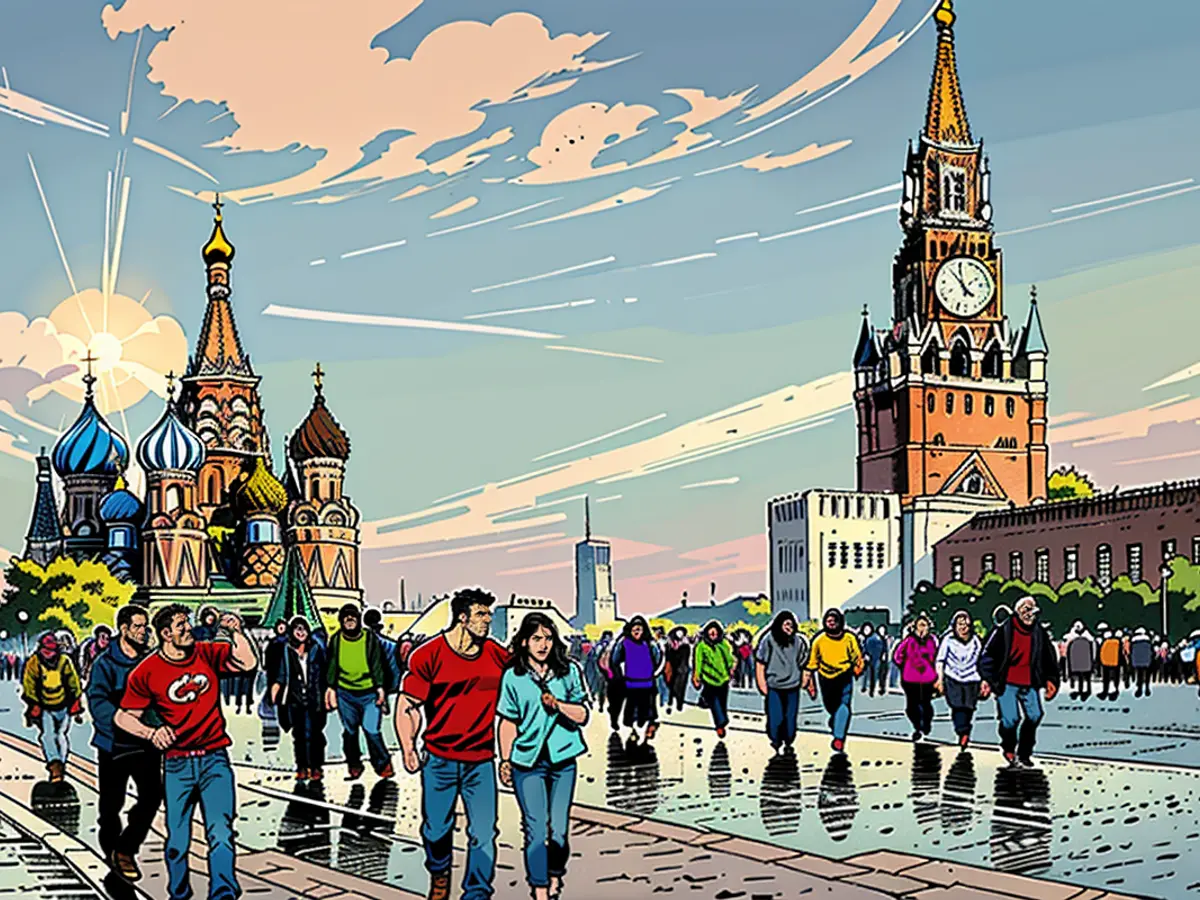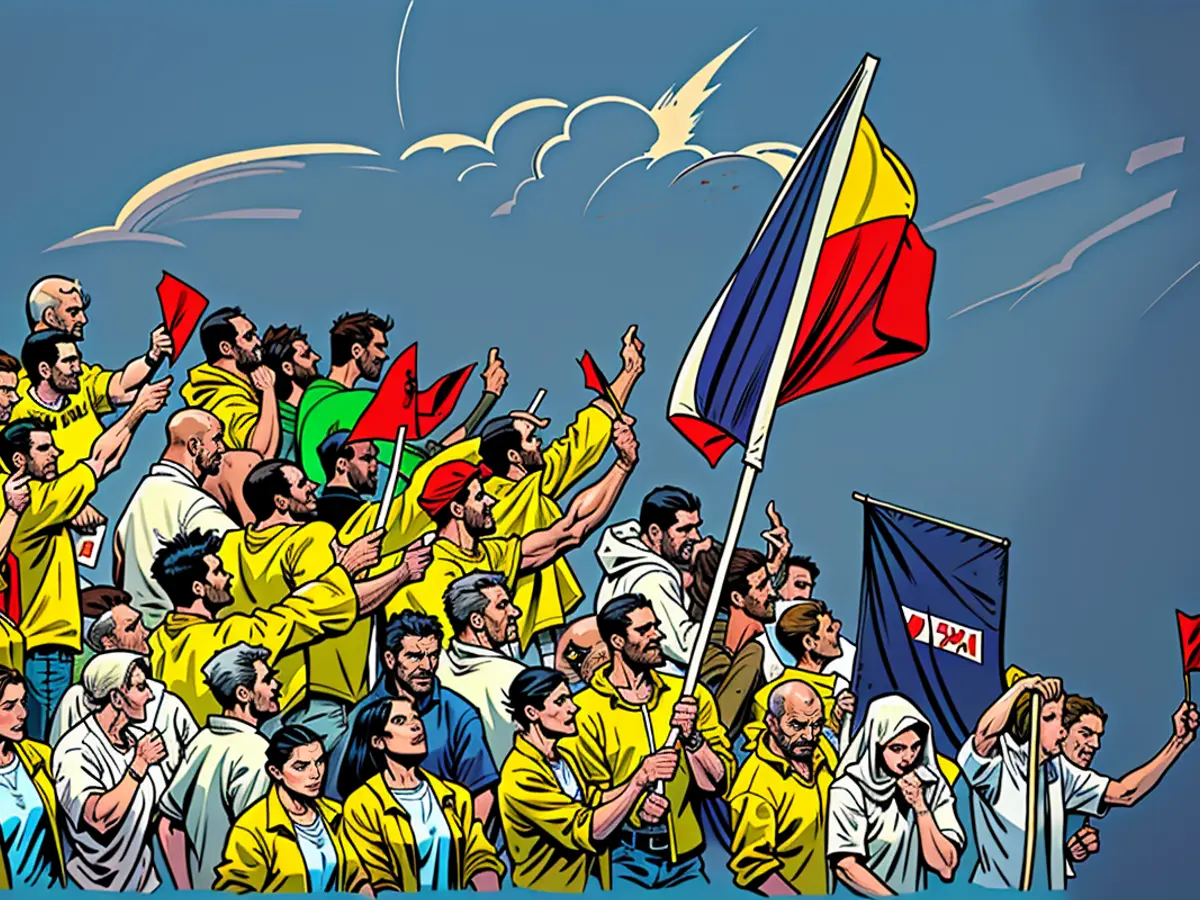President Putin permits the seizure of US-owned properties in Russia.
In April, the House of Representatives in Washington passed a vote to seize Russian assets. Now, the Kremlin responds. President Putin approves a decree allowing the confiscation of US assets.
Russian President Vladimir Putin has officially signed off on a decree authorizing the confiscation of American assets within Russia. This move is a response to the seizure of Russian assets in the United States, as stated in the decree published in Moscow. This action aims to recover the damages inflicted upon the Russian Federation and the Central Bank of Russia by the hostile actions of the US.
As indicated by Putin's decree, a Russian citizen can appeal to the court outlining the infringement of their property rights in the US, along with the estimated amount of damage. The court, in turn, will request the Legal Commission for the Control of Foreign Investment to determine the feasibility of compensating the damage sustained. The Russian government is reportedly given four months to enact the necessary legal changes to enforce the decree.
Historically, the Kremlin has cautioned against the confiscation of Russian state assets. In April, Kremlin spokesperson Dmitry Peskov warned against this action, stating that America would need to answer for it. Russia would respond according to their own interests. The House of Representatives in Washington passed a vote in favor of seizing frozen Russian assets that same month.
In addition to the US, the EU, Switzerland, and other countries have also confiscated Russian assets. The EU countries recently established plans to utilize the interest income generated from the frozen Russian central bank's assets to financially support military aid for Ukraine. Up to three billion euros may be raised this year from the frozen assets. Approximately 210 billion euros of the Russian central bank's assets are currently frozen in the EU. However, the assets themselves have not been seized, as the EU has concerns about potential Russian retaliatory measures. Moscow vehemently condemned the confiscation of the interest income, labeling it theft.
Read also:
- Year of climate records: extreme is the new normal
- Precautionary arrests show Islamist terror threat
- UN vote urges Israel to ceasefire
- SPD rules out budget resolution before the end of the year
In response to the House of Representatives' vote to seize Russian assets in the USA, Vladimir Putin authorizes an attack on Russian-American relations by approving a decree to seize US properties in Russia. This escalation comes amidst the ongoing conflict between Russia and Ukraine, with Putin accusing the USA of inflicting damages upon Russia through hostile actions.
As a consequence of the West's asset confiscations, including the EU seizing Russian central bank assets for military aid for Ukraine, Putin's decree is seen as a retaliatory measure designed to recover damages and protect Russian interests in the face of US aggression against Russia.
Source: www.ntv.de







